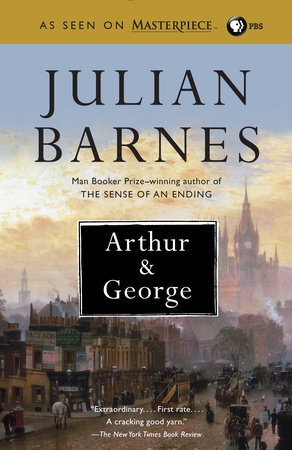 |
| https://guruelektrobest.blogspot.com/ |
Concerning the development of a boy (and then a man) during the life and eventual death of his mother, who represents his very idea of womanhood and the image of any future happiness he may find in life, Sons and Lovers is, essentially, a passage of emotional growth in which little (in terms of actual events) happens beyond the day to day trials faced by a family.
This may seem a little dull to many readers, put the novel does not find any purpose in building suspense or deliberately sensationalising words to convey any premise of plot manipulation, it is simply a retelling of the real life of characters based on real people. The truth is handled delicately, relationships are developed in real time, with nothing forced, and, though incidents take place, they are not brought into being for any reason other than that they happened in real life. Sub-plots, aside from the main basis of the novel (which is to highlight the complexities of a mother-son relationship), are introduced in the form of several other women in Paul's life, such as Miriam and Clara, as well as the departure of his brother William.
These facets relate well to the main story, as the conflict between the young brothers for their mother's love, along with the later competition between women for Paul's attentions, aid the reader in focusing upon the central concerns of the book, which are, unlike some other novels, of primary importance to the author. Bringing many of the characters from his own life - especially that of Paul and his mother, - Lawrence's attitude towards them is one of profound respect and frank honesty. He is often brutal in the portrayal of his truth, yet this is perfectly understandable given the parallels with his own life.
As a result of their nature as dramatisations of actual people they are not flat in any respect, being as capricious and unpredictable as people so often are. Again staying true to his family and himself, characters progress thoroughly throughout the novel, while remaining the fundamental characteristics that they could not be rid of. Setting, too, is of paramount importance, and plays a role of its own in Sons and Lovers as the county of Nottinghamshire is illustrated through the mining pits of Paul's father, representing the very blackness of his cruelty towards his family, as well as the depravity of alcoholism and self-destruction, and the industrial setting of his own life as a clerk in a factory.
Not only this, but the setting influences many of the characters in terms of dialect, a part of the novel at once confusing and hilarious, which Lawrence has perfected through his writing. With themes of conflicting relationships between men and women, no matter what their prior concerns or those of their society, as well as the overarching importance of parent-child bonds and their profound effect on the later lives of both parties, Lawrence's refined and gentle style allows the concerns of the book to come across effectively, without muddying them.
This considered simplicity (which is, in fact, not simple at all in its construction), is devoted whole-heartedly to the emotion of the characters, and the aesthetics of Lawrence's prose also maintain their rhythm which these determined people. With a devastating array of metaphor and symbolism, allegory, personification, and pathetic fallacy, there is not much to be said against Lawrence, nor his finely-tuned work of deceptively-simple literary genius.
As many readers of classics, be they ancient or modern, are often aware, their very favourite novels did not meet with the warmest reception at their inception. This is perhaps the basis of their appeal. Sons and Lovers, now considered the magnum opus of Lawrence and a true masterpiece of English literature, was coolly accepted by the reading public who were affronted by its scarcely hidden obscenity, and its compellingly open way of portraying the inner life of a country family (usually a point of little interest).
Defending himself as an artist, Lawrence also found himself protecting this section of his life in print as a great book that reflects the 'tragedy of thousands of young men', and it is most definitely this sense of emotional and representational realism that marks this novel as an impressive feat of monstrous effort from a very young man in the dire straits of abject agony.
